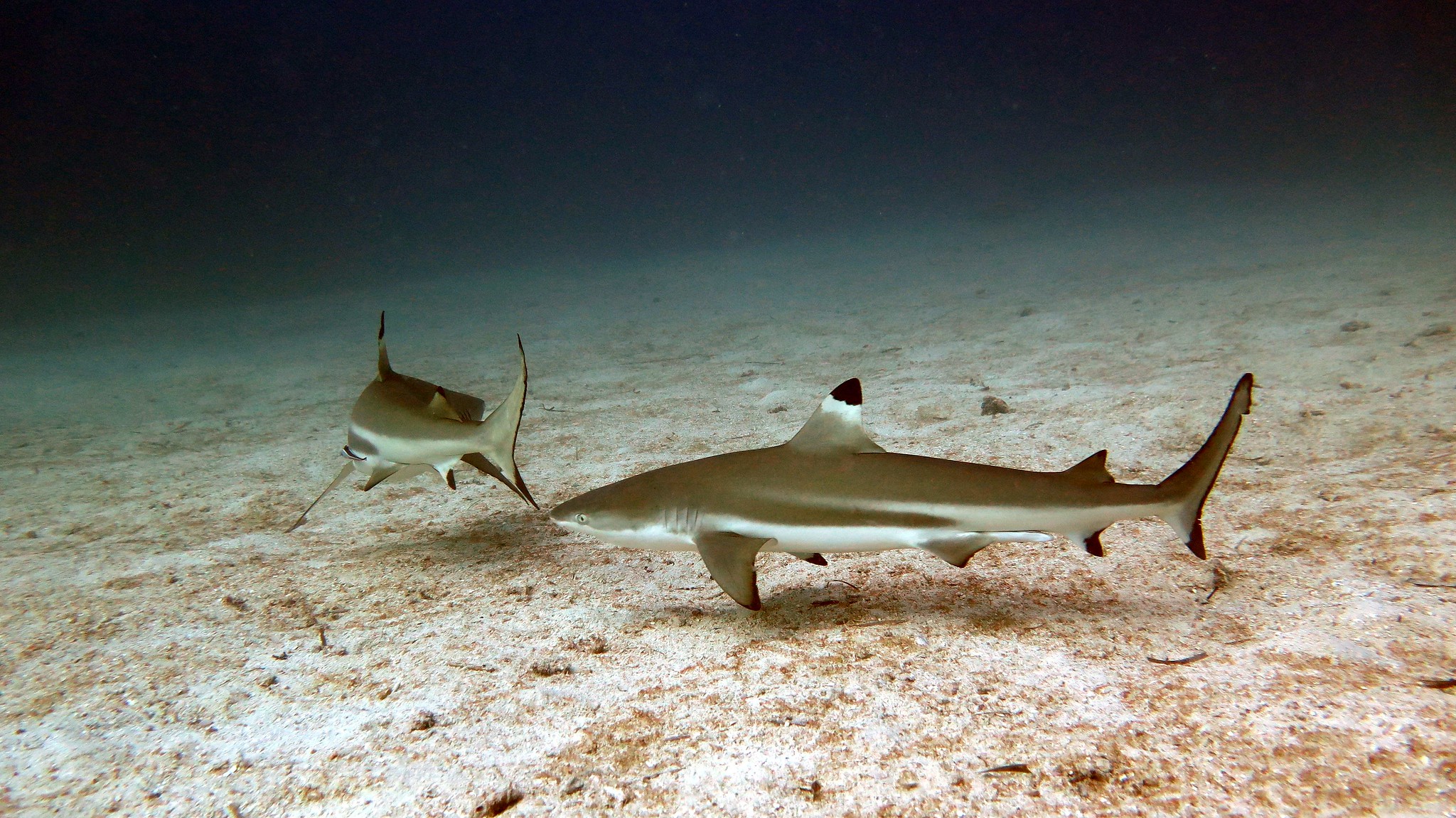Are shark personalities real?
Do sharks have social personality traits? According to a study conducted by a team of researchers at the University of Exeter, shark personalities are very real.
What comes to mind when you think about sharks? Most people think about sharp, pointed teeth. But there is much more to sharks than their teeth. Some sharks act more gregarious and have strong social connections. Others are more solitary and prefer to remain inconspicuous. In fact, sharks have displayed a wide range of personalities.
A team from the University of Exeter and the Marine Biological Association of the UK (MBA) has been studying the behavior of spotted catsharks and have reported evidence of personalities. Personalities are known to exist in many animals, and are usually defined by individual characteristics such as how exploratory, bold or aggressive an individual is.


Darren Croft, of the Centre for Research into Animal Behavior at the University of Exeter, says, “We define personality as a repeatable behavior across time and contexts. What is interesting is that these behaviors differ consistently among individuals. This study shows, for the first time, that individual sharks possess social personalities.”
Researchers observed the sharks in a variety of habitats. David Jacoby, a behavioral ecologist says, “We found that even though the sizes of the groups forming changed, socially well-connected individuals remained well-connected under each new habitat. In other words, their social network positions were repeated through time and across different habitats.”
“These results were driven by different social preferences (i.e social/antisocial individuals) that appeared to reflect different strategies for staying safe. Well-connected individuals formed conspicuous groups, while less social individuals tended to camouflage alone, matching their skin color with the color of the gravel substrate in the bottom of the tank,” Jacoby explains.
Small sharks often fall prey to larger predators, and the research team thinks that sharks may have evolved strong social skills to protect themselves from predators.
In additional to having unique personalities, sharks are believed to be resistant to cancer.
These research findings were published in the journal Behavioral Ecology and Sociobiology. The work was funded by the Fisheries Society of the British Isles.
Learn more about sharks
Shortfin Mako Shark under Threat
The shortfin mako shark is disappearing 10 times faster than previously thought. How are researchers trying to change this process?
Whale Sharks Get International Protection
Whale sharks are the largest fish in the ocean. But despite their intimidating size — up to 40,000 pounds and 40 feet long — the creatures are so mellow that humans often swim alongside them. Now, an international coalition has agreed on regulations that may help protect whale sharks in the Eastern Pacific Ocean (EPO) from the dangers of commercial tuna fishing.
How Do Big Sharks Beat Cancer?
Large sharks are known to heal rapidly and resist cancer. Could humans possibly learn how sharks do it and copy them?




